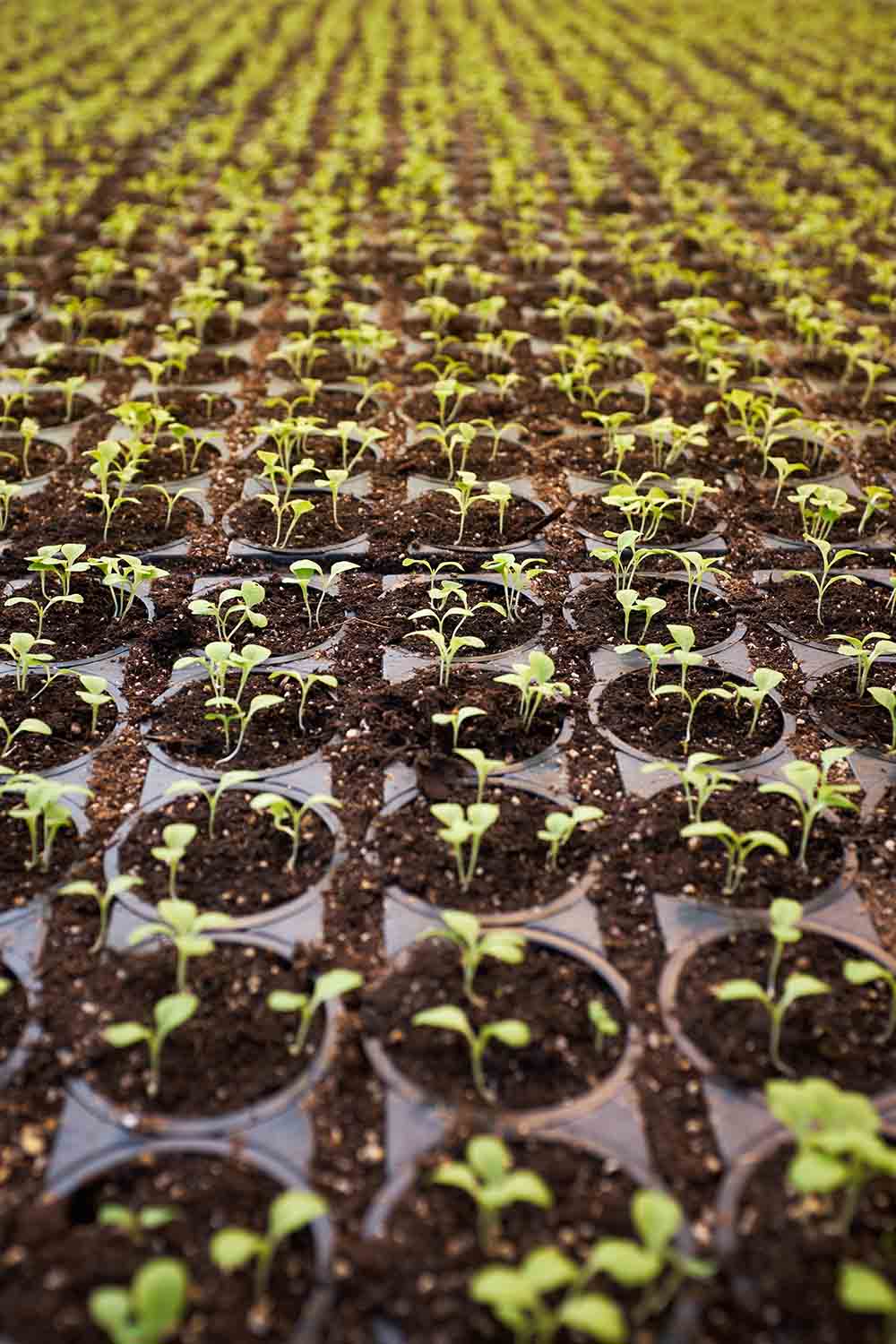You may have heard about Hydroponics how it’s a very modern technique of growing plants in water rather than soil. In fact there’s a bit more to it than that, but when you consider that Hydroponics allows you to grow plants in a temperature and lighting controlled, pest free and disease free environment you can understand why many agricultural growers and horticultural firms are using this method now.
So how can this be adapted for domestic use? Companies like Progrow sell domestic sized Hydroponics systems, so there’s no reason why a domestic horticulturalist can’t have all of the advantages of a Hydroponics system.
Selecting a Hydroponics System
With domestic Hydroponics systems the container or tent and then lighting, ventilation and heating systems are pretty much the same no matter which growth method you use, they will just differ in size and level of automation depending on what you want to grow and how automated you want your system to be.

However your next choice is what type of feed system you want to deploy in your Hydroponics chamber. The simplest choice is passive feeding which is basically manual feeding carried out by you. This really defeats the object of the automated side of Hydroponics but for a small Hydroponics system this might be what you’re happy to do initially to test results.
If you want a bit more automation involved in your Hydroponics system then there are three active system types to pick from. The first is Drip Irrigation which is the most common. It involves planting your plants in an inert medium such as rockwool or foam, and then the dripper system drips the feeding solution slowly but constantly onto the medium. The plant then feeds. The residual feed within the medium allows the plant to survive for some time should the system shut down. Extra feed runs off into a reservoir which is then recycled through.
Similar to a dripper system a Ebb & Flood system has an inert medium and reservoir but the feed is showered onto the plant like rain for short periods. The duration and interval of the flood of water is set and can be optimised. Any over feed is recycled. The fast action of the downpour helps to draw oxygen to the roots.
A third and quite different system, and the one you maybe first thought of when you considered Hydroponics is the Nutrient Film Technique, NFT, which utilises no medium, the plant is suspended above a pool of water, with the roots immersed in the solution. This water and nutrient mix solution is continuously circulated to provide oxygen, water and nutrients to the plant.
Whichever root you choose, you should see much better results than you did with outdoor growing, with fuller harvests, more harvests per year, less disease and a lack of pests. The amount of control you can have over your plants in a Hydroponics is a clear advantage that will ensure your investment in plants is fully spent, allowing you to harvest bountifully.

